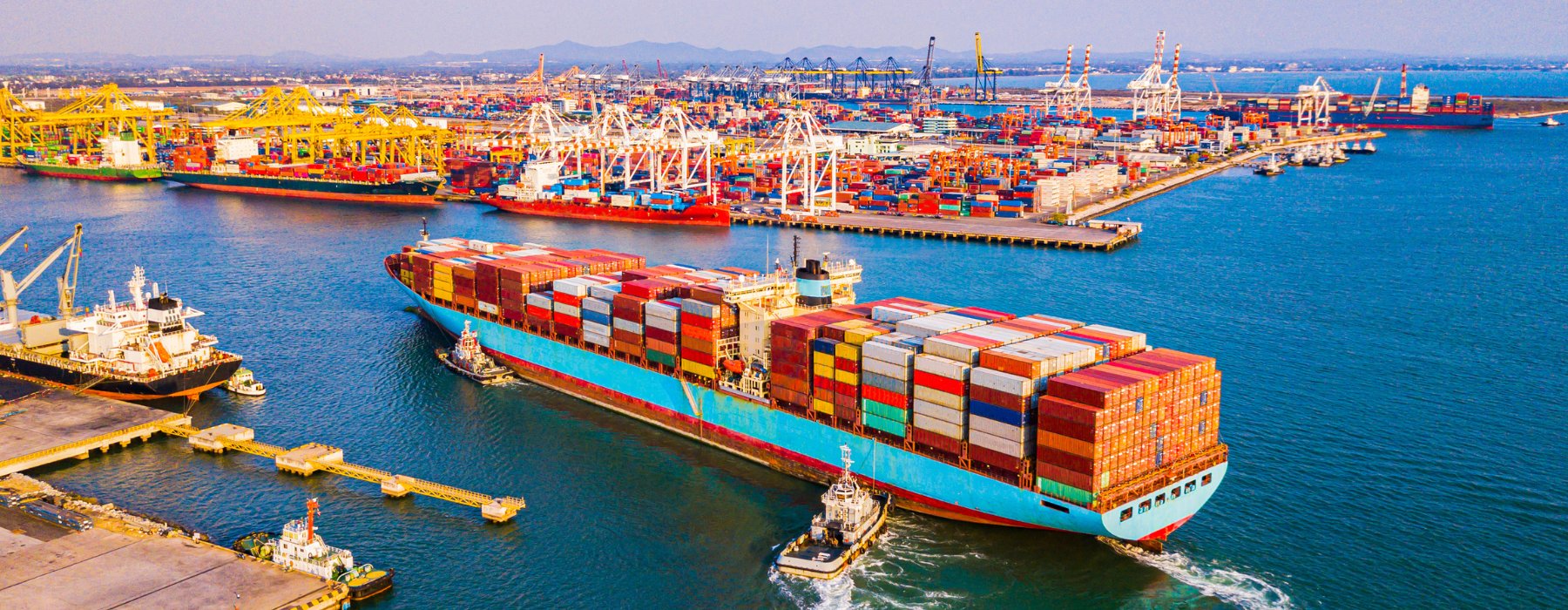What Is Container Trading?
Container trading is an essential part of modern container logistics. It may sound simple; however, it isn’t. Many shipping players purchase and sell the containers. The end users form a small fraction of buyers. Hence if end users don’t purchase the containers, there where will be traders selling them.
In simpler words, purchasing containers is about building a container fleet for leasing out these containers. And selling these containers is generally all about making profits and liquidating the assets in the re-selling markets.
Container Trading Solutions: Seamlessly Moving Goods Worldwide
The process of making money through buying and selling containers is not something new and has been done for more than over 60 years. However, within this timeframe, container trading has completely changed global trade and has formed a new economic opportunity for people across the globe. However, the process of container-trading is vast and dependent on manual and networking processes. It is surprising to know that traders spend most of their time networking for trading opportunities. In this article, allow us to tell you all about container-trading service and its other points that you must keep in mind.
How Does Container-Trading Work?
For years, container trading has been a manual process. As a trader, you will have to be dependent on having a big personal network, partnerships, and industry expertise. In some cases, you will have to take the help of the internet to learn new skills. The process of container-trading goes as follows:
- You will decide the type of container to buy.
- You will then decide the budget of these containers. The estimates are determined based on the earlier market prices.
- You will then have to check the availability of that specific container type within your area.
- After finding the sellers with the containers you wanted, you will have to find ways to contact them and negotiate the details.
- In the last step, you finally buy the container legally.
Container Trading/ Container Transport services
Container Trading Services involve a range of services that help with importation, movement of goods, and trade across borders and to the continent. It is not just a supply of containers as there are also rental and leasing of containers that also deal with the sales and logistics management intending to provide a seamless journey for your cargo.
The efficient shipment of the container ship depends on all these factors such as precise planning, masterful execution, and better coordination. Therefore, companies offering container-trading services seize the extended network of carriers, marketers, and partners to make the transport process clear and superior expectations. From ground or Sea freight to air freight shipping, it ensures that your cargo safely arrives at the designated location on time and within the stipulated budget.
Benefits Of Container Trading Services
The primary focus of container-trading is focused on reliability, pliability, and cost efficiency, you can overcome all the supply chain management complexities with a very easy process.
Customized Solutions
Many logistics companies recognize that each business has unique challenges and requirements. As such, they offer customized solutions tailored to meet specific needs and objectives. These solutions may include personalized transport plans, specialized packaging options, dedicated account management, and flexible pricing structures.
Sustainability Initiatives
Sustainability is becoming the norm, and many logistic operators are determined to mitigate the negative impact on the environment. Diversifying into movements like the use of fuel-efficient cars, various power sources, and green packaging reuses resources and cuts down on emissions.
Technology Integration
Logistics companies, through the use of updated technology, are becoming more efficient and disruptive while maintaining the desired customer experience. These technologies comprise, in order, real-time tracking and tracing systems, data analytics platforms, and digital communication tools. Using technology, logistics service providers can perform route planning, and operation scheduling, and give clients a chance to be visible and have more control over their shipments.
Different Types of Containers in Container Trading-
Besides transport solutions, you can choose from a vast range of saleable storage containers that will suffice for both short and long-term storage. The container type comes in various sizes and configurations. They range from standard dry containers to specialized reefers and flat racks. You can get the following containers for container trading:
Used Shipping Container
The inventory of used shipping containers is best for companies seeking cost-efficient concepts as they are a very credible option. As painstakingly restored units manufactured to meet the highest industry standards, these containers offer an economical solution with no corners cutting on quality.
20 Ft Container
20 ft container is the most dominant unit in the modern shipping industry. It has good flexibility and strong withstanding power. These highly tuned fleet of 20 ft containers are up-to-date, kept in the best conditions possible, and designed to be able to carry a variety of cargo. If your business transports perishable products, machinery, or consumables, the 20ft shipping containers will solve your transportation problems.
40 Ft Container
For larger shipments and bulk cargo, the 40 ft containers with larger capacity and security features are fitted. Shockproof to meet all the requirements of international shipping, such containers are made to not only offer maximum space but also see to it that your goods are safe and sound. With this type of container, you will be certain that your merchandise will be transported safely and promptly with top-notch 40ft container transport services.
Conclusion
Thanks for reading! Freight Forwarding-One provides valuable information and insights into container trading and transportation. Our expertise lies in offering detailed guidance and industry knowledge to help businesses navigate the complexities of logistics effectively.

